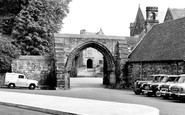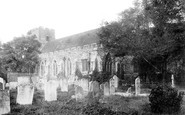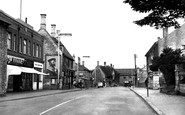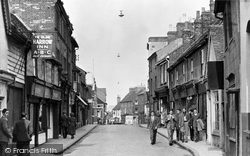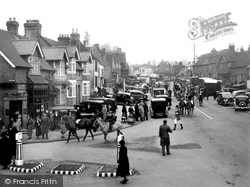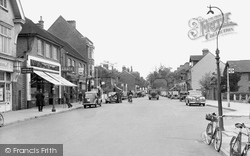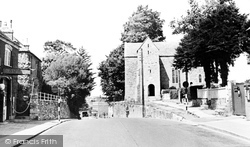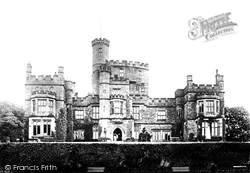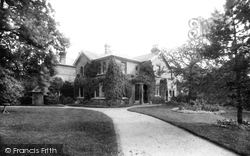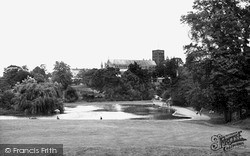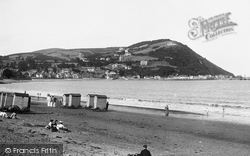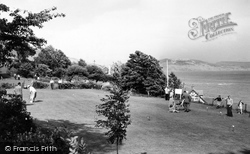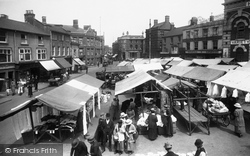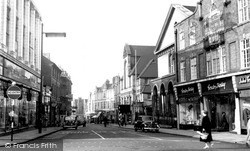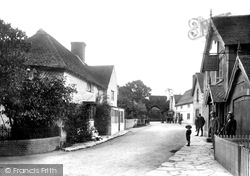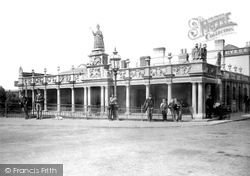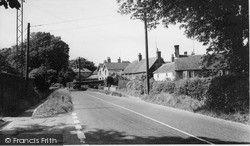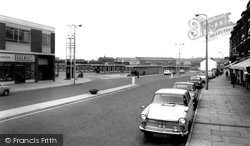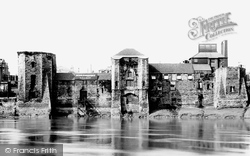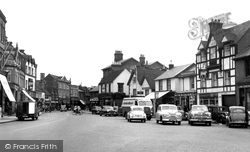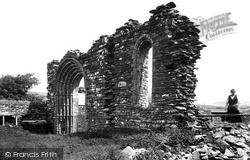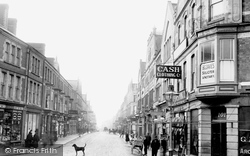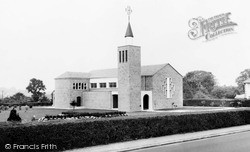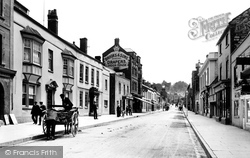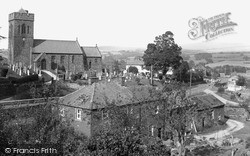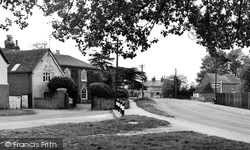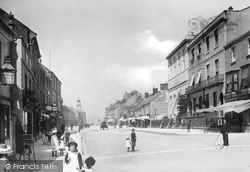Places
Sorry, no places were found that related to your search.
Photos
5 photos found. Showing results 941 to 5.
Maps
83 maps found.
Books
Sorry, no books were found that related to your search.
Memories
1,127 memories found. Showing results 471 to 480.
Life In Cannich And Fasnakyle
My family and I moved from Elm Park in Essex to Scotland in the last weeks of 1948. My father, Leon A. Lalonde, had accepted a position as Chief Mechanical Engineer with John Cochrane and Sons, a construction ...Read more
A memory of Glen Affric in 1949 by
Family Visits
I have many memories of visiting my Grandparents, George and Liza Ireland, who lived on the end of Major's Terrace, (I think it was called then) next door to the Crown and Anchor (now the Pottery). A particular fond memory is of ...Read more
A memory of Mosterton in 1949 by
The Rose And Crown
Ivy Myers. I wonder how many people from Chalfont remember the "Rose and Crown", a Benskins pub. My father owned it from 1946 until 1950. There was also the “Kings Head” which was on the corner of Joiners Lane. Of ...Read more
A memory of Chalfont St Peter in 1949 by
Four Years Old Or So
My parents worked for Mr & Mrs Agar, Beechwood, Lavington Park, Petworth, Sussex. Mrs. Agar's name was Barbara. They had a town house near Berkeley Square, London W.1. I remember living there more than in Sussex. ...Read more
A memory of Lavington Park in 1949 by
Bath Time
My memories of bath times goes back to when Mum would once a week fill the copper again, in the corner of the scullery. The copper was built of bricks if I remember, with a tin liner, below was an opening, where you would light a fire ...Read more
A memory of West Ham in 1949 by
The Trust And St Marys Church
I lived my first 17 years, from 1932, in Horden at the Trust Hotel and remember Lumleys store. I was an altar server at St Mary's around the early 1940s and the vicar at the time was the Reverend Walton. My sister ...Read more
A memory of Horden in 1949 by
Friends
I j oined the Navy in 1947 along with one Ginger Cooper,who came from Repton. On visits to his home during leaves his family were very good to me,[ food and things]. His Dad worked at the School. Ginger claimed the Drum Major of the school ...Read more
A memory of Repton in 1949 by
Those Were The Days By Kathleen Mc Carthy
I am sure this is St Botolph's church on The Hill where I used to be in the choir around 1949. The vicar was Rev. Johnson at the time. His wife and family lived in the vicarage a stone's throw away. There ...Read more
A memory of Northfleet in 1949 by
Stocks Lane
My family and I lived in Stocks Lane, Drury's Garage was next to us at the top on the corner. The house we lived in still looks exactly the same today as it did so many years ago. Sadly Drury's house, which is shown in the picture, is in ...Read more
A memory of Corby in 1949
Crooked Shears Cottage, Severn Road, Hallen
My memories of Hallen are between 1949 - 1959. I was brought up in the above cottage (which was a former Inn) from my birth in 1949 until my parents moved to Clifton, Bristol in 1959. We were pretty cut off ...Read more
A memory of Hallen in 1949 by
Captions
1,233 captions found. Showing results 1,129 to 1,152.
The pub has now merged with the Barleycorn on the Buckingham Street corner and is archly renamed the Farmyard and Firkin.
Here the photographer looks west along the High Street from the junction with Outwood Lane on the morning of a fox hunt - this type of scene was much favoured for Frith postcards.
There has been much rebuilding of this part of the High Street, none of it for the better, since the 1950s; continuity has been achieved only by the building at the far left, which is still
Anglo-Saxon arcading was replaced by Norman arches in the 12th century. The view is northwards from North Street, down to the sign of the former Lord Nelson public house (centre).
Painted by the artist Turner, it became famous and was much visited. It was built by the Norman Montbegon family just after they arrived in Lancashire.
Note the round-arched windows and the ornamental bargeboards that are characteristic of the 1860s and early 1870s. Woodside Road was also laid through the former Benhill Woods.
Much of the original structure was built using rubble from the remains of the Roman town of Verulamium, which stood close to the present Verulamium Park.
Once a port described by Daniel Defoe as 'fairer, and much deeper, than those at Watchet and Porlock', it turned into a major seaside bathing resort in the later 19th century.
By 1962 they were being torn apart by landslips, and the situation was much the same in 2005, with this area being sealed off.
This view from the middle of the Market Place is not much altered since 1922. The view towards the Royal Hotel and Lloyds Bank is almost unchanged.
Clothes were still made at home, and Thoday sold patterns, often by Vogue, which could cost as much as 7s 6d, and also the more humble and easier designs selling for 1s 9d.
Here the photographer looks from by the churchyard gate past the Half Moon pub to the unusual arch formed by two elm trees, now long gone. The pavements are large slabs of sandstone.
The Tone Stone, on which business deals were struck, is partially obscured in front of the centre arch.
The road widens to form Posey Green, with the 1930s Horseshoe Inn on the right out of camera shot; it is a rambling mix of local sandstone and timber-framing with a huge horseshoe- arched
When the bus station opened on 20 May 1963, much Castleford history was lost with the demolition of the Queen's Head Hotel and Wainwright Street.
In the centre is the square gate tower with its arched water gate. Boats could enter the castle through the water gate, as there was a small quay to the rear of the tower.
Beyond, much is rebuilt, apart from the 18th-century three-storey building with a pediment and Venetian windows.
The abbey was dissolved by Henry VIII in 1539 and was sold to the Earl of Essex and his agent, John Stedman, whose family later used much of the stone in their mansion and farm buildings.
There is much to see in this picture, including the flat-capped men looking directly at the photographer on the right, and the more casual observers further up the street.
Several people were killed, and much damage was done to local property.
Since 1909, Brooks and Sons and the house to its left have been demolished, and the Arches Way road formed. To the right, the finial belongs to The Avalon Club of 1897.
Not long after, the enthusiastic wood-carving cleric Canon Wilson adorned the interior with much of his own work.
The house on the left, Gothic House, has elegant Strawverry Hill Gothick style late 18th-century arched windows, while the gabled wing has a painting of St George and the Dragon above the first floor window
On the street, a new generation had not yet been born in the Victorian shot, but otherwise not much has changed.
Places (0)
Photos (5)
Memories (1127)
Books (0)
Maps (83)

